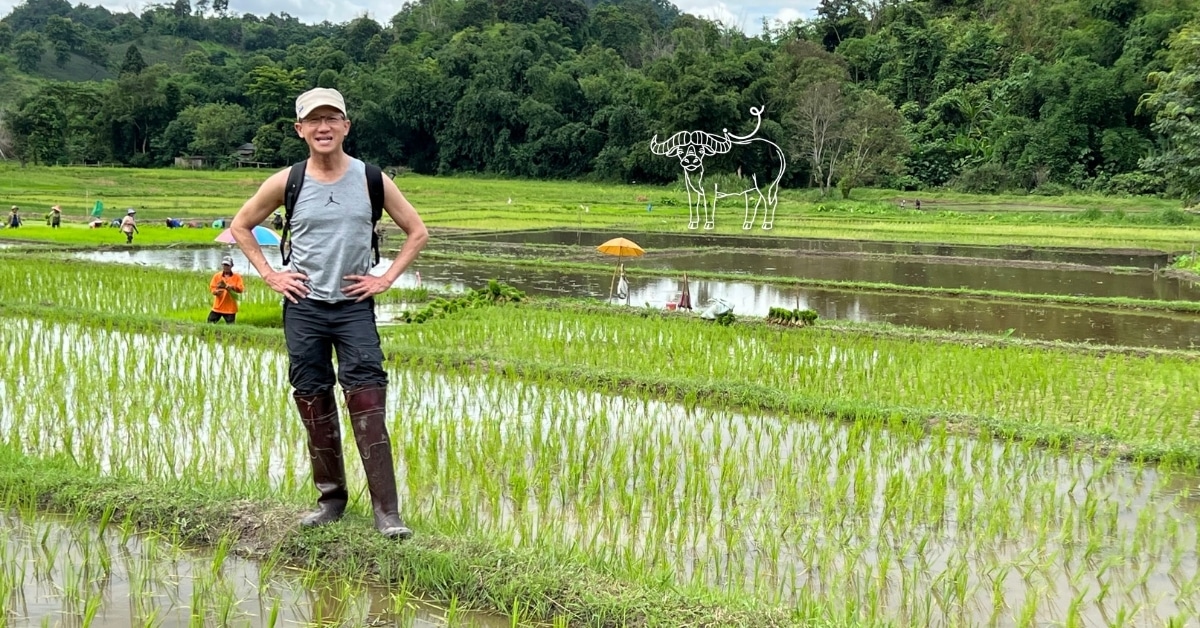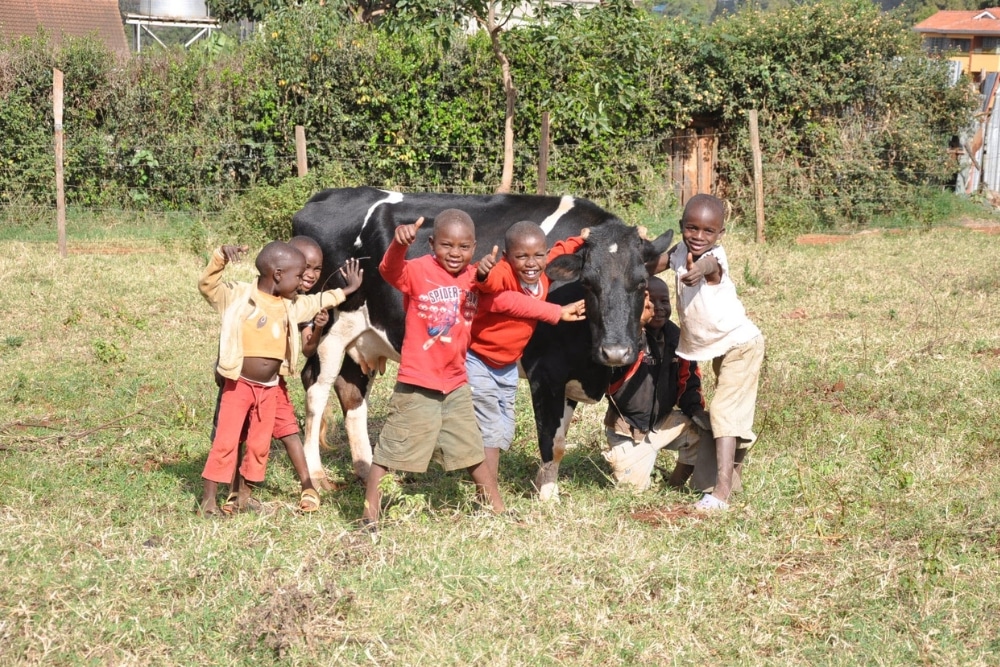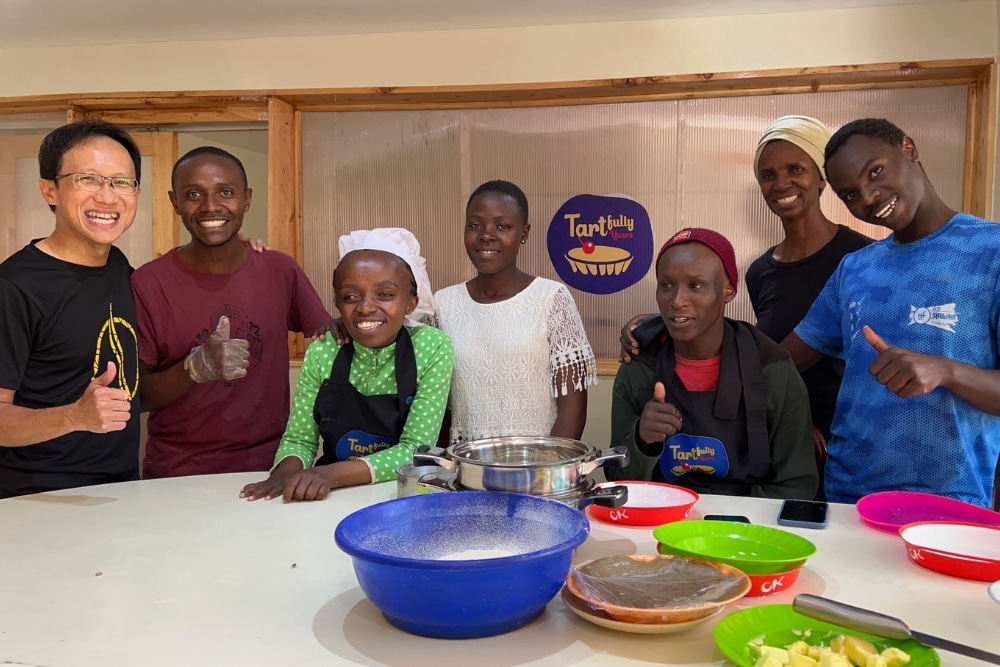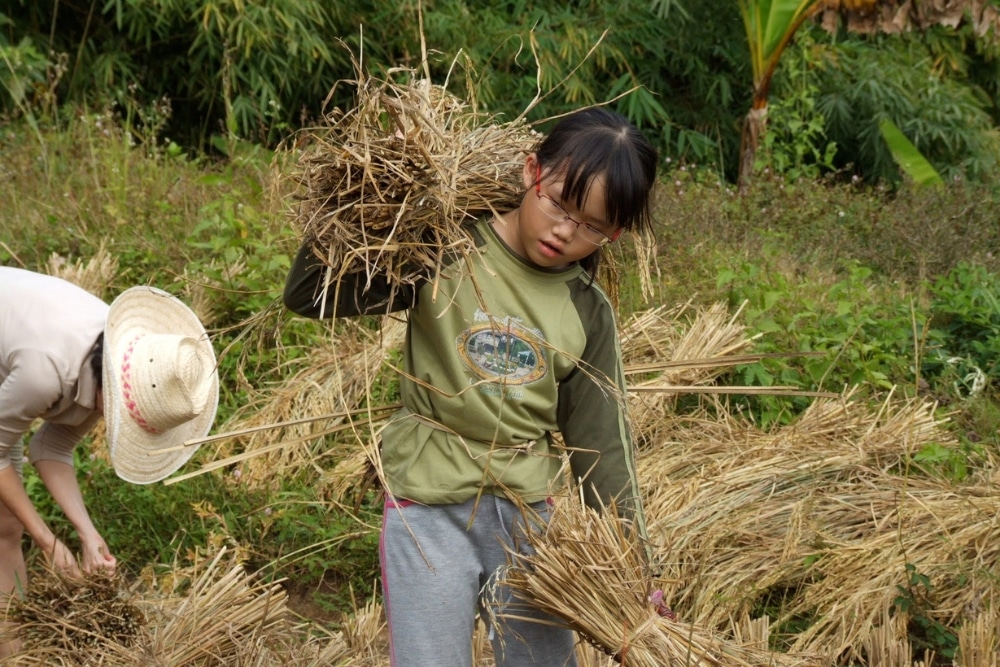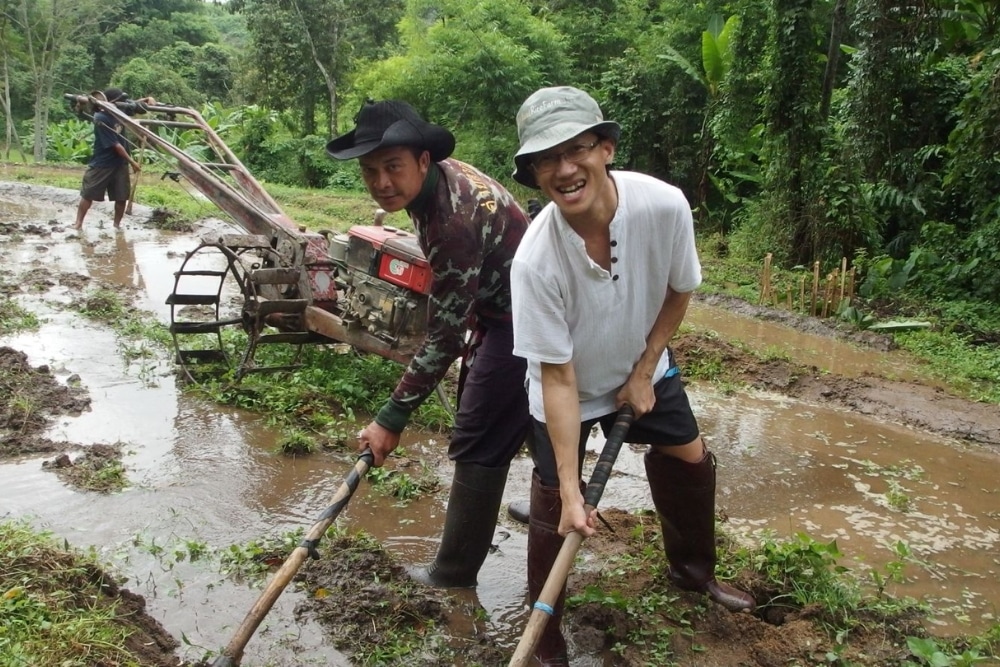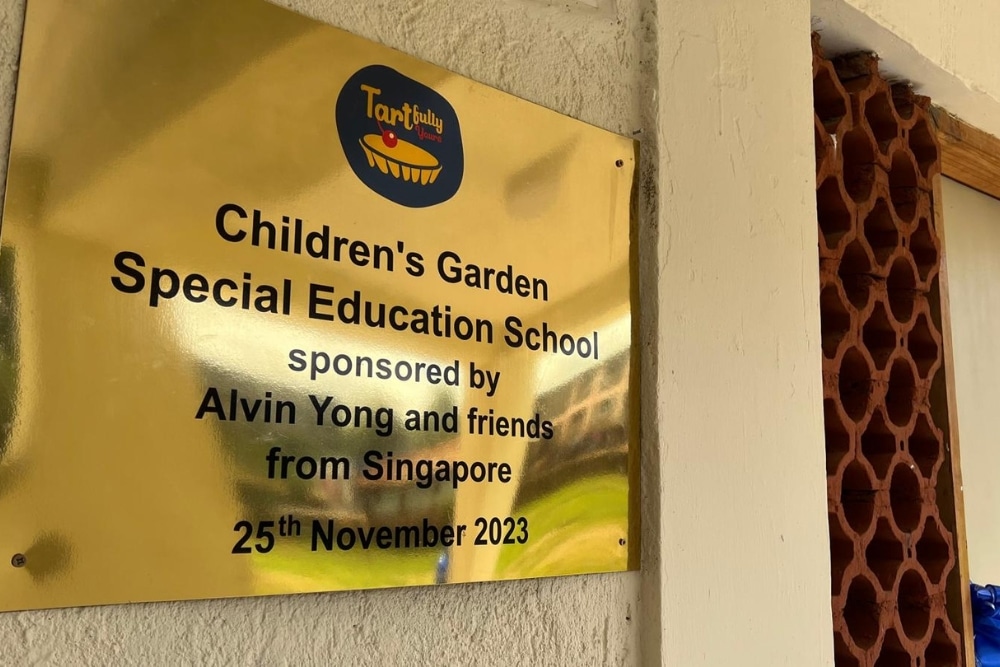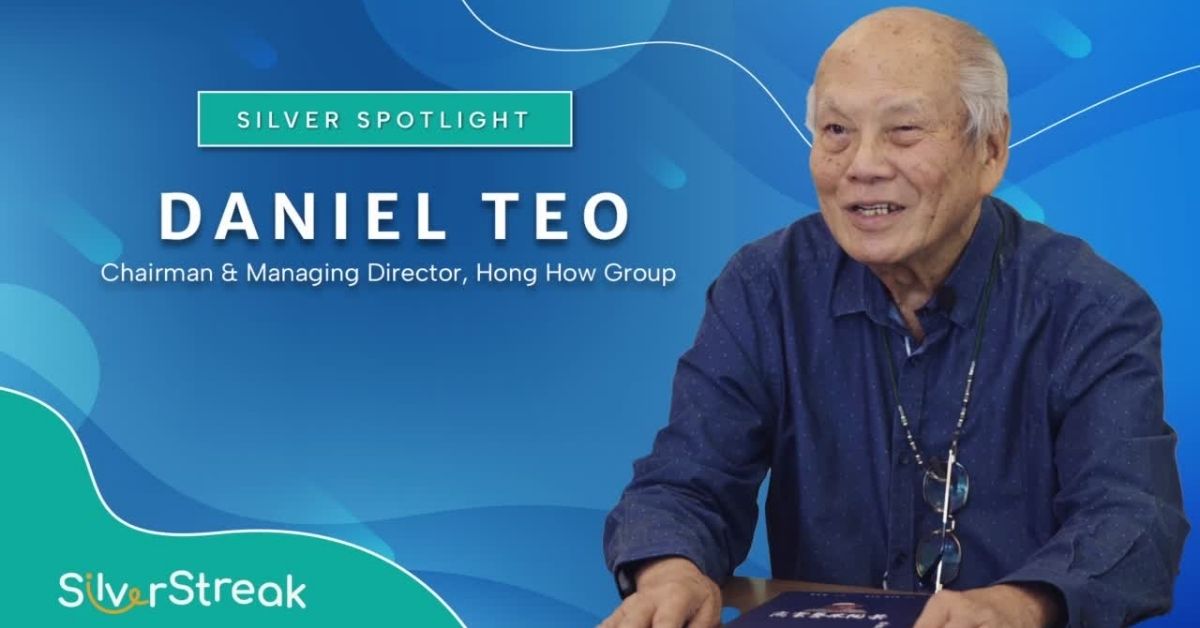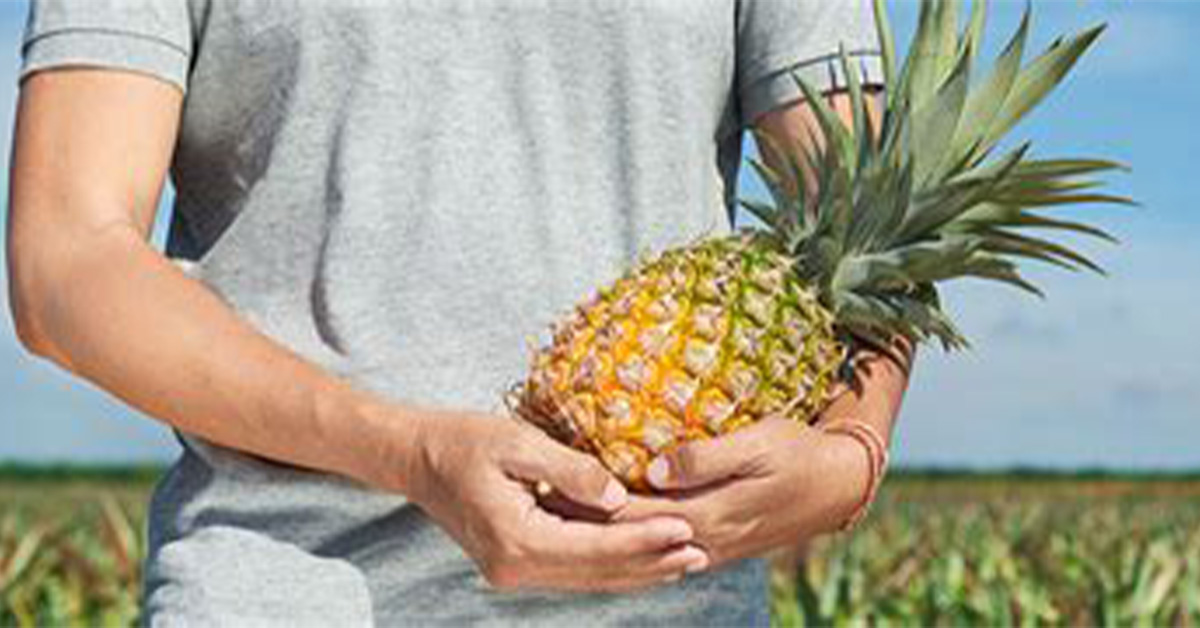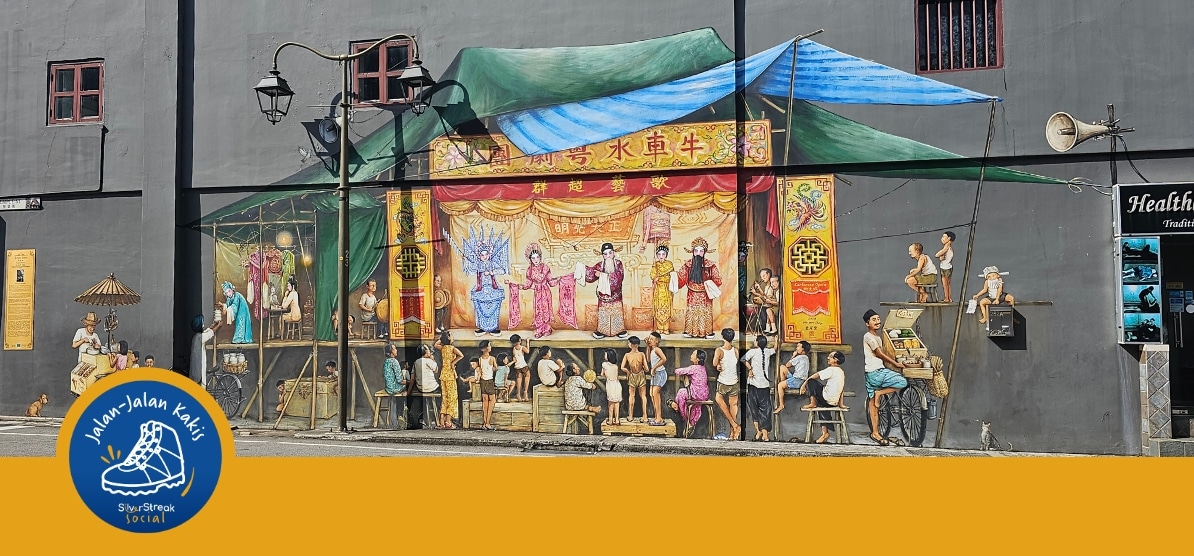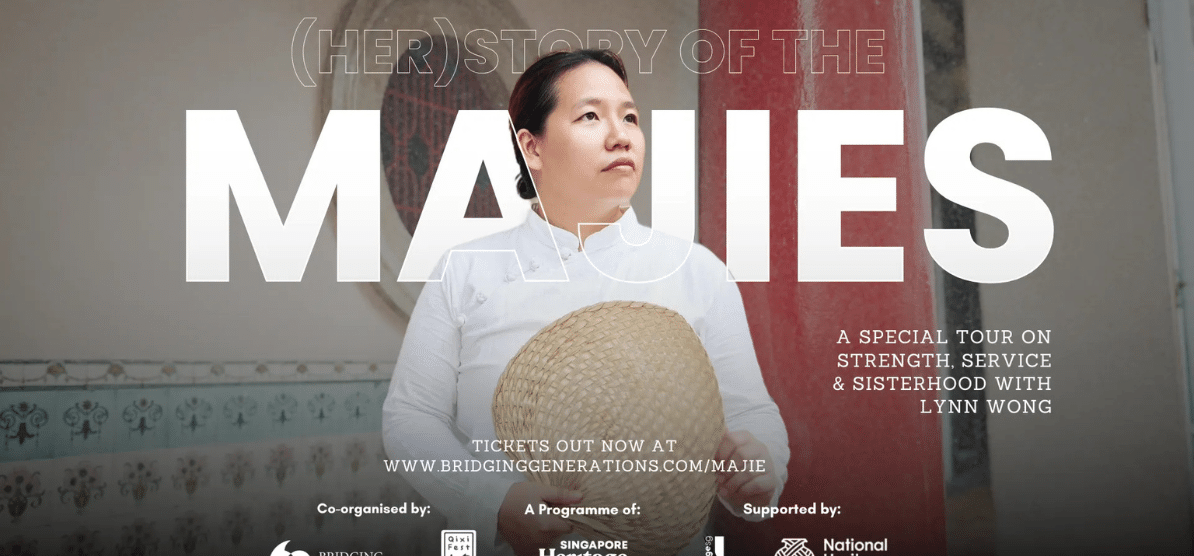At a children’s home in Nairobi, children with special needs are now armed with a life skill they can use that brings value to the marketplace. This is possible thanks to the vision and funding of 59-year-old Singaporean social entrepreneur Alvin Yong.
Based in Singapore, Alvin now supports two overseas causes – one involving street children in Nairobi, Kenya, and the other, benefiting the hilltribe communities in Chiang Rai, Thailand.
Since 2011, Alvin has been helping the Children’s Garden Home (CGH) – a refuge for abused and abandoned street kids – in Nairobi, Kenya.
With 150 live-in children and 100 more from the surrounding slums to cater for, the home, founded by Moses N’dungu and his wife, Sylvia N’dungu, faces ongoing financial problems.
To help them move towards self-reliance, Alvin initiated several microbusinesses under the brand Little Fingy’s.
He held a seminar for CGH’s board members and children, teaching them how to form a viable business plan. This led to the setting up of a chicken farm, and later, a dairy farm as well.
Both these ventures were impactful as the eggs and milk nourished the children while generating income for the home. It also enabled the children to pick up animal husbandry as a skill.
The microbusiness he initiated to empower special needs children in the home also took off.
Dubbed Tartfully Yours, it entailed building a “baking kitchen”, complete with an oven and baking utensils, so that the kids with special needs at CGH could learn to run the business with the help of their classmates and mentors.
The idea was to create a business model that would bring in revenue and income for CGH’s special needs school.
On top of that, the children would be equipped with useful skills, so that even if they had to remain under the wing of the home, they could still contribute to their welfare.
Of the social businesses he has helped establish at CGH, Alvin is especially pleased that Tartfully Yours has created awareness of the capabilities of children with special needs in the country.
Over in Thailand, Alvin has been supporting Tigerland Rice Farm in Chiang Rai. He started a not-for-profit ecotourism business that enables visitors to enjoy eco-vacations.
The idea was sparked during a visit to the farm in 2007, which their tour guide Watasittukul Yongyoot (or Kitt, for short) owned together with his family.
Alvin returned twice to experience the different stages of rice farming which gave rise to a few ‘aha’ moments, especially for his then 10-year-old daughter, Robyn, whom joined him for his visits.
At the same time, profits from the business could be channelled into helping Chiang Rai’s hilltribe communities. Kitt and his father, Songgran Watasittikul, run the day-to-day operations while Alvin focuses on the marketing aspects.
Over the years, many families and individuals from Singapore and elsewhere have enjoyed eco-vacations in Tigerland. The rice farm has also been featured in numerous travel websites and magazines.
Kitt and Alvin work closely on the financials. Alvin kept 30 percent of the revenue share for marketing and business development until about 2013. Thereafter, the money was ploughed back into projects to empower local hilltribe communities.
Among the Singaporeans who have stayed at the farm are Gregory Sim and his daughter Jin Hwi, who contributed a cow under a project aptly named Raise-a-Moo-Moo-Cow.
This project, together with a similar Raise-a-Piggy project, was initiated to enable farming families with school-going children to be self-sustaining.
Covid-19, unfortunately, put an end to both projects.
Starting a business in Singapore is not easy, what more having to launch and run sustainable enterprises remotely where there are external factors like political instability and market volatility to contend with.
“However, not easy doesn’t mean not trying,” asserts Alvin, adding “it’s a continued balance of having patience, remote assessment, and going with the flow.”
For example, black pigs fetched a good price before Covid-19 hit, so the Raise-a-Piggy project rode on that demand. Today, that is no longer the case, rendering the project unsustainable.
As for CGH, he is now collaborating with another volunteer from the United States, to support the setting up of a social business – a restaurant – at the front of the home’s compound.
Despite the difficulties, there is no turning back. What keeps Alvin going is the possibility of empowering these children who can possibly go on to help others step out of the poverty trap.
For Alvin, his reward comes from the bonds he has forged with his beneficiaries, or in his words, his “co-creators”.
Many of the children he has supported at CGH keep him personally posted on their progress, referring to him affectionately as “Daddy Alvin”.
